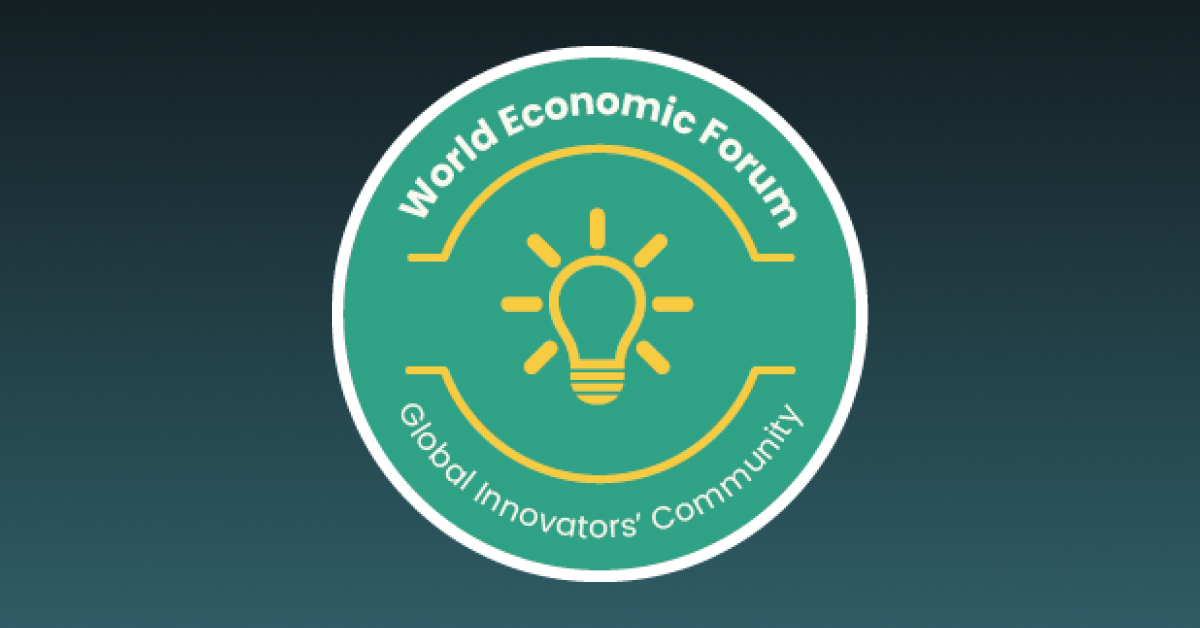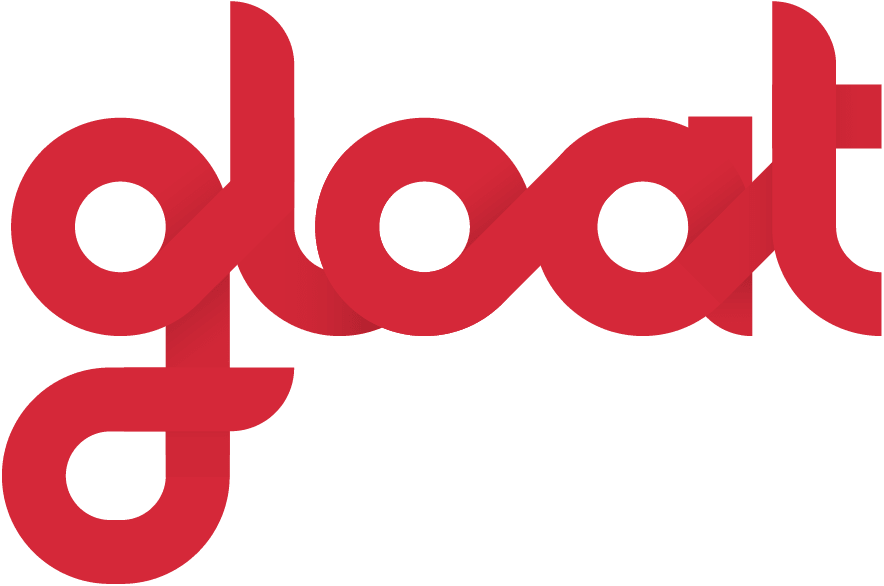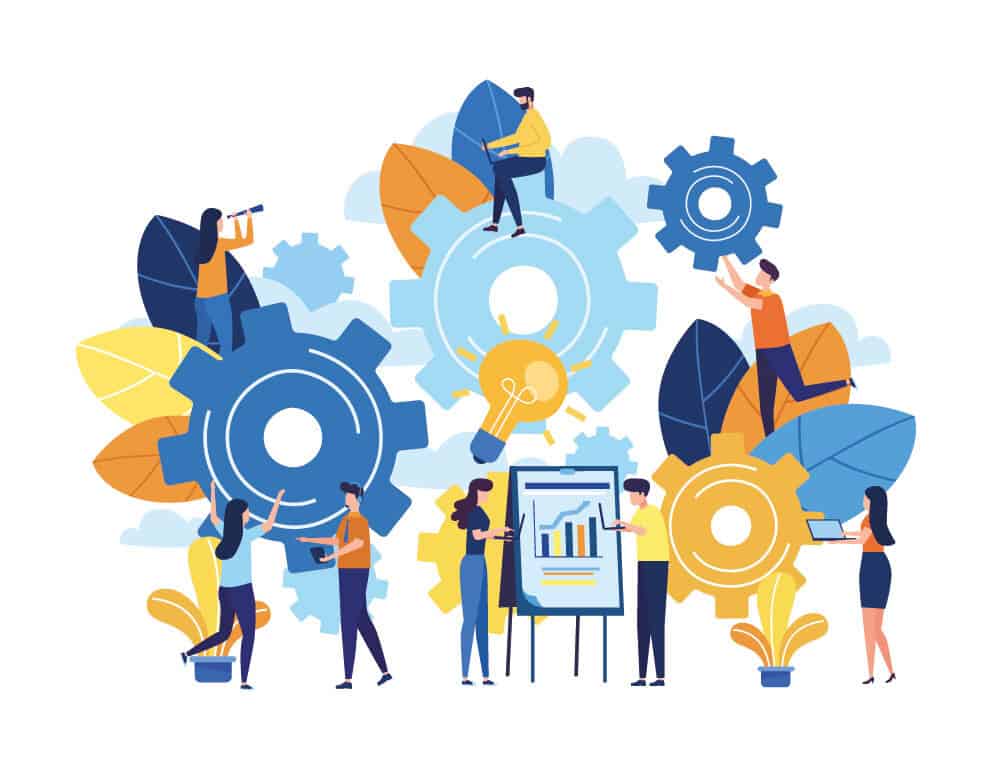Gloat joins the World Economic Forum Global Innovators Community
Why we’re joining forces to shape the future of ethical AI

Over the past few years, the working landscape has profoundly changed—especially when it comes to HR and talent management. On the heels of a global pandemic, workers are refusing to settle for dead-end jobs and rigid hierarchies. At the same time, economic uncertainty and global talent shortages are putting pressure on HR leaders to architect a continuous learning culture that will engage and retain employees during a period of unprecedented turnover.
Amid all this transformation in the labor market, there’s an opportunity for HR leaders. This pivotal time coincides with the emergence of AI and automation designed for talent management and workforce intelligence. AI gives HR leaders a full picture of the talent landscape by processing enormous data sets that no team of people could possibly handle at scale. These tools are providing the insights needed to navigate pervasive talent challenges such as reducing employee turnover and understanding workforce skills. Without them, companies will struggle to acquire and retain talent, putting them at a serious disadvantage in the new world of work.
AI continues to revolutionize the HR technology landscape and will continue to do so only if it’s designed and used ethically. HR leaders are seeking credible, repeatable guidance on how to choose AI systems that are effective and responsible. We’re joining the World Economic Forum’s Global Innovators Community because we’ve been engineering responsible AI for years at the intersection with human resources—the field where AI is most susceptible to bias. It’s our responsibility to share our expertise beyond the scope of our business because, at the end of the day, ethical AI will enable more people to find, stay, and grow in the right jobs.
What is the World Economic Forum’s Global Innovators Community?
The Global Innovators Community is an invitation-only group of the world’s most promising start-ups and scale-ups at the forefront of ethical technology and business model innovation. The World Economic Forum creates a platform for all Global Innovators Community members to interact with leaders and to contribute new solutions to overcome current crises and build future resiliency.
Gloat is joining the platform for Shaping the Future of Artificial Intelligence and Machine Learning, helping to identify solutions that make AI more equitable, fair, and inclusive for everyone.
Coming together to shape the future of artificial intelligence
Through Gloat’s seven years of existence and across billions of data points—2.5 billion job descriptions and 500 million profiles—our dedication to upholding the highest standards of ethical AI have stayed consistent. We’ve maintained an ongoing commitment to debiasing AI, which is built around five pillars:
- Enhancing but not replacing human awareness and decision-making:
AI should help people make informed decisions, rather than obscuring, limiting, or skewing their perspectives. Our AI is built to empower the people who come into contact with it, from junior employees to high-level decision-makers. - Fairness as a North Star
AI is central to Gloat’s systems and to the organizations which implement it. Consequently, AI treats individuals or groups fairly, without preconceptions, prejudices, or discrimination. To ensure this, Gloat’s AI does not digest any demographic data or proxies. This means that our system is blind to data such as gender, race, ethnicity, ability, as well as university name, native language, and other data which could play into bias. - Proactive monitoring and auditing
Our AI is continuously audited and reviewed, and everyone involved in its development takes a proactive approach to prevent bias creep. This includes practices such as enforced policies for using data and building models, rigorous review processes for models going to production, and periodical monitoring. - Ongoing transparency
We strive to make AI considerations and decisions as clear and transparent as possible to the users that it affects, removing the “black box” that often surrounds AI-based suggestions. As a recommendation engine, the system promotes transparency in the user interface and provides the required context for understanding the information presented, acknowledging the potential for the creation of selection bias among end users. - Accountability
Gloat’s managers and employees are accountable for the AI they create and all employees involved must ensure that the design and implementation of AI components adhere to the principles above. Our AI system follows a ‘human in the loop’ model, a branch of AI that brings together AI and human intelligence to create machine learning models. We also perform frequent algorithmic audits during which data scientists comb through source code and outputs to ensure fairness.
It’s this ongoing commitment to debiasing AI that connects us to the World Economic Forum’s mission, inspiring us to join. In reference to our decision, Kay Firth-Butterfield, Head of Artificial Intelligence and Machine Learning at the World Economic Forum notes, “The World Economic Forum is happy to have Gloat join our Global Innovators community and the Platform for Shaping the Future of Artificial Intelligence and Machine Learning. Including new, innovative voices is essential in the work we do at the Forum, and we look forward to what Gloat will add to our initiatives, dialogues, and platforms specifically focused on responsible AI.”
What’s happening next?
Now that we’ve joined the Global Innovators Community’s Shaping the Future of Technology Governance: Artificial Intelligence and Machine Learning platform, we’ll be taking part in two projects: Human-centered AI for HR and Responsible AI certification.
For the former, Gloat will help create a practical toolkit and shape recommendations for the responsible use of AI in HR. For the Responsible AI certification, we will help build a comprehensive and independent certification program that is trustworthy, transparent, practical, and measurable in its assessment of AI systems’ risk levels.
To learn more about what we’re doing to level the playing field with next-generation technology, read about our commitment to ethical AI.




